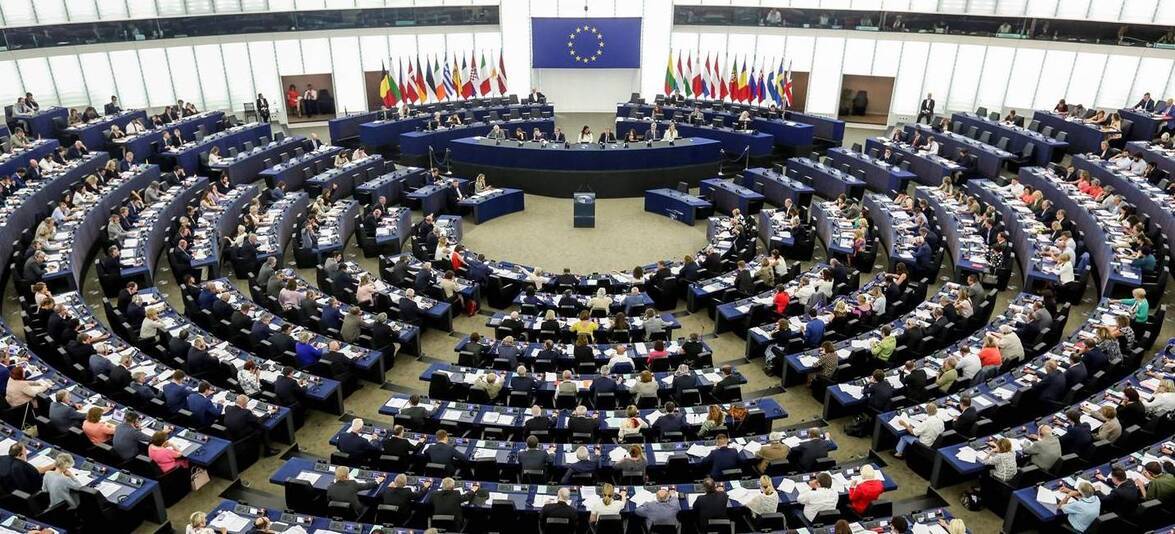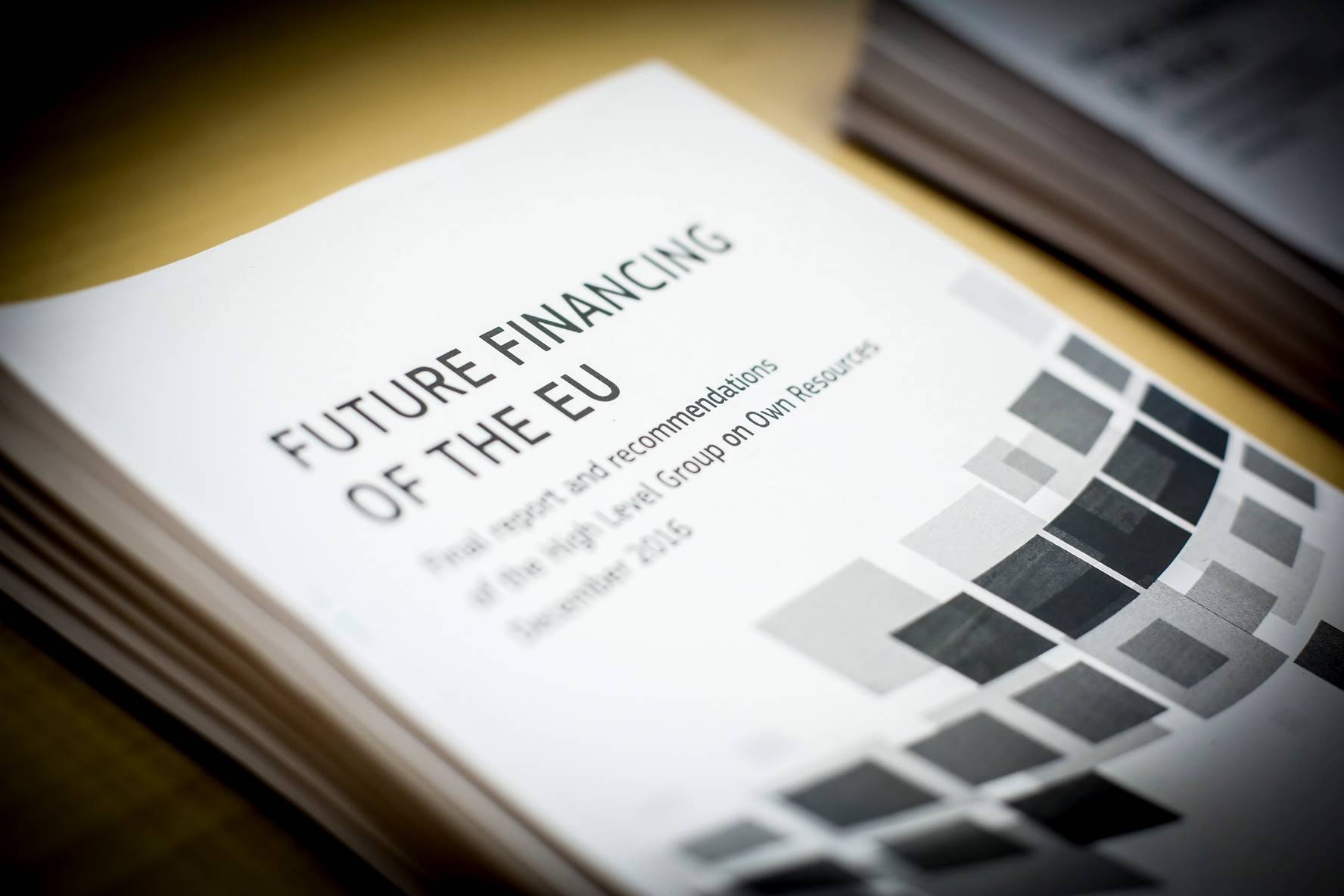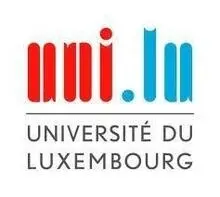
Opportunity to Provide Expertise at the European Parliament - Interview with Alexandre Mathis
Read a summary or generate practice questions using the INOMICS AI tool
Parliamentary Research Administrator, Alexandre Mathis, kindly sat down with INOMICS to discuss his work and call for applications from economists to help advise on the EU Budget. Alexandre explained to us in more detail what he does and what exactly it is the European Parliament is looking for.

Who are you and what are you doing?
I work for the European Parliament, more specifically in the Policy Department on Budgetary affairs. We support the work of two committees: the Committee on Budgets and the Committee on Budgetary Control. In other words, we provide to MEPs, who are members of these two committees, analysis, statistics or any other information relevant for their duty.
You have launched a multiple framework service contract for the provision of external expertise in the field of the EU Budget. Could you describe what this entails?
The European Parliament seeks independent expertise on a variety of current and emerging issues connected to its work. This multiple framework service contract will support the work of the two Committees on Budgets and on Budgetary Control in the European Parliament by enabling them to request written expertise in their areas of competence.
Which types of expertise do you need?
Actually, the widespread areas of the EU budget could be regarded from different angles, for example legal, economic, audit, management, political science and/or ethical angles. Therefore, we are looking for experts in different areas, not only in economics, econometrics and statistics but also in evaluation, impact assessment, financial control, fight against fraud and financial programming, to name a few. Naturally, you do not need to be able to cover all aspects in the areas of competence of the two Committees on Budgets and on Budgetary Control.
Which form will this expertise take?
Expertise will be provided in the form of research papers of varying length, delivered upon ad hoc requests within a limited and defined period. Responsibilities would also include attendance at committee meetings and presentations by leading experts.
What would a typical profile of a successful candidate for this type of application look like?
Frankly speaking, I do not think we can draw a typical profile. However, there are common features of all our experts. Obviously, they are authoritative in their field and free from any conflict of interest. In addition, they are able to explain complex things in simple terms, not only in writing but also orally. Their analyses are based on robust existing figures and statistics and complemented by concrete illustrative examples. Moreover, they are able to draw a range of policy recommendations from their analyses. Our experts come from a wide range of institutions, from research labs in academia to think tanks and consulting firms.
So, to sum up, you do not only need to be a recognised expert in your field but also be able to translate your knowledge to a non-expert audience and to suggest policy options based on evidence.
Could you give some examples of past work?
As I said, the areas of competence of the two Committees on Budgets and on Budgetary Control are varied. During the last mandate, many analyses were conducted and it is impossible to present all of them here. You can have an extended view of what was done here. I will just highlight three works.
One study explores the potential revenue from the extension of charging fees by EU Agencies. It presents a high-level review of the current and prospective situation of fees and charges in the 33 decentralised EU Agencies. This study focuses mainly on Agencies’ fees collected from industry and on fees charged for services rendered. It extends the analysis to alternative funding means where relevant.
Another study analyses the use of financial instruments within the EU Budget. It first revises key concepts in determining the use of those instruments, before providing an analysis of the functioning and consistency of the ex-ante assessments, which are required by regulation to help identify the rationale and scope for financial instruments.
We also investigate the cost of implementing the EU budget in different EU member states. This involves calculating how much it costs to invest each euro from the budget. This work enables a sound understanding of the EU’s economic capabilities, notably through estimates of the costs linked to grant management. It analyses the differences between the various grants processes and identifies areas for improvement in the grant management process. Therefore, all these works involve expertise typical of INOMICS users.
What might accepted experts typically do after delivering expertise to the European Parliament?
To start with, I must highlight that we are not offering full time work. We are requesting expertise to help fulfil MEPs’ demands and needs. That means our experts have their own professional life. However, providing expertise to the EU Parliament in its everyday political work looks good on a business card or CV.
Any final thoughts?
I think INOMICS users have exactly the right knowledge and skills we are looking for. So, have a look at the Multiple framework service contract IP/D/ALL/FWC/2020-001 for the provision of external expertise in the field of the EU Budget in this list of notices and apply before November 18, 2019!
-
- Online Course
- (Online)
- Posted 4 years ago
Political Economy Certificate
at University of Massachusetts Amherst in United States -
- Conference
- Posted 7 months ago
2nd world Conference on Data Science & Statistics (Data Science Week 2024)
Between 17 Jun and 19 Jun in Amsterdam, Netherlands -
- Online Course
- (Online)
- Posted 3 years ago
Social and Economic Networks: Models and Analysis
at Coursera










